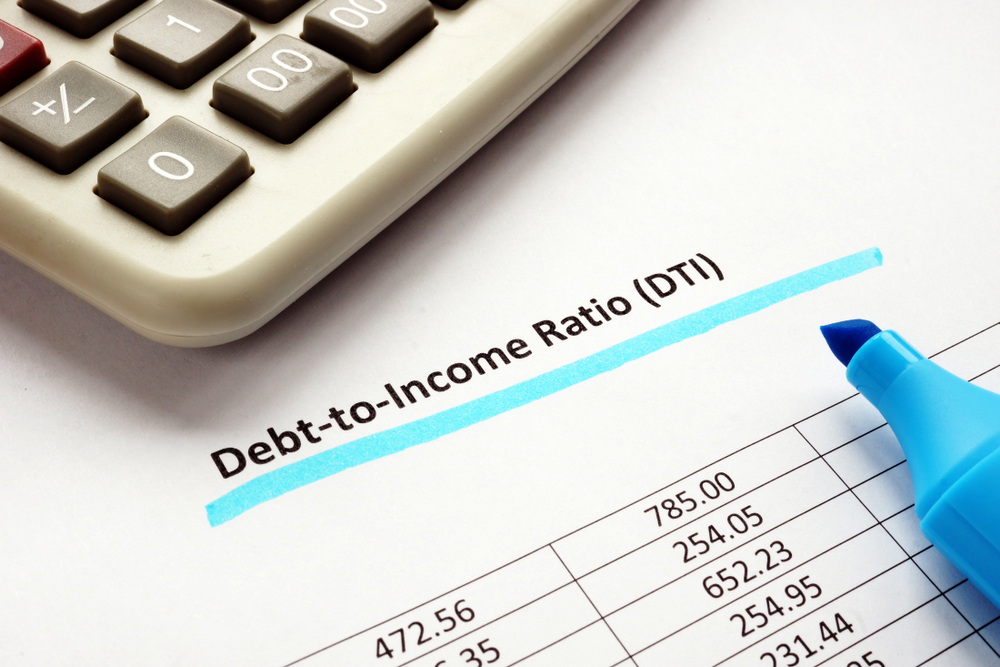
When you’re buying a home, your debt-to-income ratio (DTI) will be an important part of the equation. This critical piece of information will affect whether or not you will qualify for a mortgage and can also affect the terms and conditions of your loan. Let’s take a closer look at debt-to-income ratio so you can be prepared for your upcoming home purchase.
Debt-to-income ratio defined
First of all, let’s be clear about what debt-to-income ratio is. Your DTI is a part of your larger financial picture that will help a lender determine if you qualify for a mortgage. Basically, DTI compares how much money you owe to home much money you make. To determine your personal DTI, divide your monthly debt payments by your gross monthly income.
Why DTI is important to lenders
Lenders evaluate your DTI to get a clearer picture of how you manage your monthly payments. If you have a low DTI, let’s say 15 percent, then that means only a small percentage of your monthly income is used to pay your debts. To lenders, this is a good sign that you can manage a home loan and are unlikely to default. As your DTI increases, so does your risk.
What is the best DTI?
Having a low DTI is best when you want to qualify for a home loan. Lenders are generally looking for a DTI of 43 percent or less. That means that 43 percent or less of your income is used to pay for your monthly expenses. However, most lenders prefer borrowers to have a DTI of 36 percent or less, with only 28 percent or less of that amount being used for mortgage or rent payments. Maximum DTIs will vary from lender to lender, so be sure to shop around so you know your options.
How to lower your DTI
If you’re concerned because your debt-to-income ratio is on the high side, then there are steps that you can take to lower your DTI. These include:
- Make larger payments toward your monthly debt to more quickly lower your overall debt.
- Don’t take on more debt.
- Reduce the amount you charge on your credit cards and pay off existing balances when possible.
- Don’t make large purchases such as buying a new car while you’re shopping for a home.
- Monitor your DTI every month to see if you’re making progress.
What lenders will ask for to calculate your DTI
When you are applying for a home loan, lenders will ask for documentation to get the information they need to calculate your DTI. They will want to see your current pay stubs as well as tax forms from the last two years. If you’ve recently had a change in your income, then you will need a statement from your employer explaining the change in your salary. In addition, if you’ve got a side hustle to help make extra money, you will need to provide the tax documents from these gigs as well. You will also need to show statements related to any existing debt, such as credit card statements.
Compliments of Virtual Results






 Catch Our Feed
Catch Our Feed Subscribe via Email
Subscribe via Email Follow Our Tweets
Follow Our Tweets Friend Us On Facebook
Friend Us On Facebook Watch Us On Youtube
Watch Us On Youtube